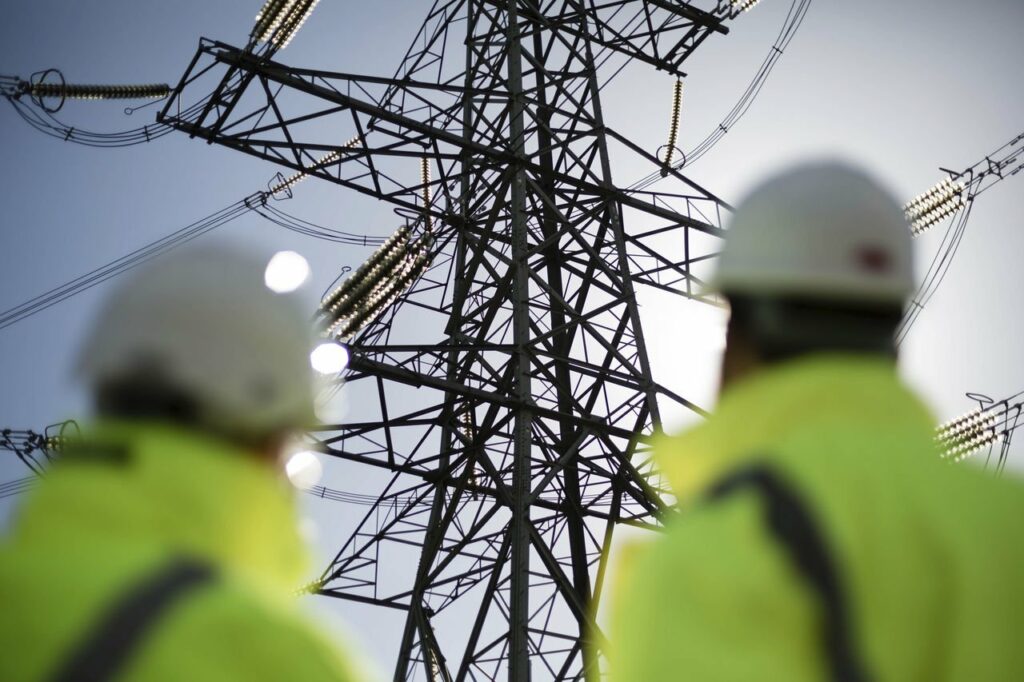National Grid is set to accelerate the connection of up to 10GW of battery energy storage projects in England and Wales.
In an announcement made today (6 November), the organisation revealed that 19 battery energy storage systems (BESS), worth around 10GW, will be offered dates to plug in, on average, four years earlier than their current agreement. The projects set to benefit from this were not disclosed.
National Grid said this is part of a new approach which removes the need for non-essential engineering works prior to connecting storage.
The freed BESS capacity adds to the 10GW of capacity unlocked for power generators with “shovel ready” projects revealed in September 2023.
“We’re committed to speeding up connections and creating a ‘fit for the future’ process for plugging projects into the grid,” said Alice Delahunty, president of National Grid Electricity Transmission.
“Bringing these battery projects forward is one of a range of actions that our electricity transmission business is delivering alongside the system operator and wider industry to unlock clean energy capacity in England and Wales.
“We’re really encouraged by the recognition these early joint steps by our industry are receiving. They’re paving the way for the more fundamental connections reform that we’re collectively working with government and the regulator to deliver to keep Britain on track for a secure, affordable and net zero energy system.”
💡⏩ We’re accelerating the connection of up to 20GW of clean energy projects across our UK #ElectricityTransmission and #ElectricityDistribution networks, as part of @NationalGridESO's five-point plan and ongoing collaborative work with @energynetworks and wider industry. 👇
— National Grid UK (@nationalgriduk) November 6, 2023
Faster connection of battery storage delivers on ESO’s five-point plan
This is the latest attempt to solve the grid connection woes that are currently plaguing the GB energy system.
The ESO published a five-point plan to speed up grid connections in June which it said could help projects connect to the grid between 2-10 years faster. One of the core aspects of this was to speed up the connection of battery storage projects and thus ESO has welcomed today’s news.
“We’re pleased to see the tangible delivery against one of the key points of our five-point plan to speed up connections to the transmission grid for battery and storage projects,” said Julian Leslie, ESO head of networks and chief engineer.
“We’re evolving our network and taking the lead on speeding up connections to make our power system fit for the future, to deliver net zero and keep clean power flowing to the growing number of homes and business across GB, fuelling our economy.
“The ESO will continue to work with GB’s Transmission and Distribution Owners, Ofgem, government and the wider industry to solve one of the key challenges facing our energy system today.”
Plans to tackle grid connection delays have seen a number of measures introduced in recent weeks. Perhaps the most prominent of which includes the changes to Transmission Entry Capacity (TEC) Amnesty by ESO and Ofgem which could remove 8GW of non-viable projects from the register.
Revealed in August, ESO agreed to waive cancellation fees for projects up until September 2024, granting non-viable projects the opportunity to leave the queue and help spearhead the development of more promising projects. ESO said that beyond this date, existing frameworks will continue to apply.
It is important to note that this will only apply to customer projects that opted into TEC Amnesty during the expression of interest window which ran from October 2022 to April 2023.
The topic of grid connections had been discussed in our Current± Explores: The Grid Connection Conundrum mini-series from earlier this year. You can read the first article here.






